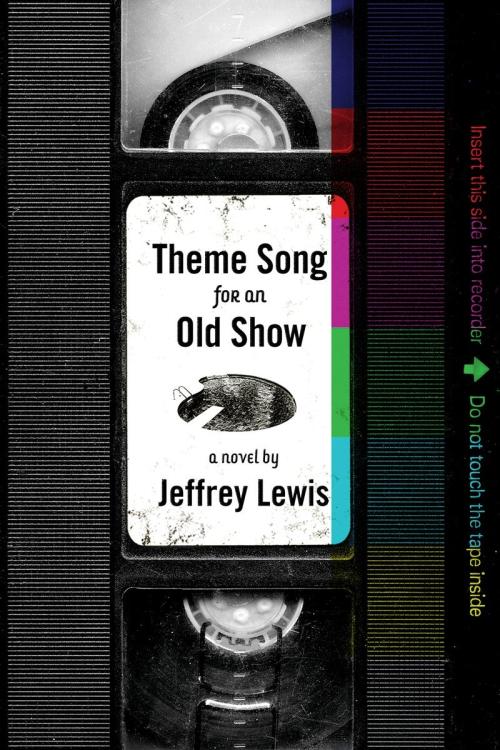Bangor Daily News, Margery Y. Irvine
"Theme Song for an Old Show is a theme song for the oldest show of all — discovering what, besides mortality, we share with all humans, and also what makes us individual. Jeffrey Lewis has written a novel the very form and structure of which helps us to see life’s journey."
Publishers Weekly
…consistently entertaining.
Kikus Reviews
[T]he TV-biz ruminations make up the best passages here, as when Louie deconstructs the idea that procedurals like Northie relied for their force and novelty upon superior "realism." His dealings with fellow producer Zacky Kurtz, a man obsessed with getting "bare ass" on American television, is consistently entertaining, too.
Library Journal
This is the third book in Lewis’s "Meritocracy Quartet," which looks at the generation that came of age in the Sixties; the first two titles covered the 1960s and 1970s. A lawyer-turned-television writer (he worked on the 1980s police drama Hill Street Blues), Lewis is really tracing his own life through a barely visible scrim of fiction. And yet the author is up to more than fictionalized memoir. His opening chapter, in which his marvelous ear for idiomatic speech is revealed as much through narration as in dialog, hints at the concepts he will explore: the vagaries of love, the odd consorting of dignity and temptation, and, yes, the fragility of creation and existence. Narrator Louie moves to Los Angeles in 1980, where his father had gone years before upon deserting the family for another woman and for TV production. Louie has success writing for a cop show called Northie, meets the woman who becomes his wife, and reckons with a TV producer with very particular ambitions. That fine ear of Lewis’s (with the occasional mawkish exception) makes his prose style the book’s strength. This volume, as well as the earlier ones, deserves general readership. Ultimately, public libraries should have the entire quartet in their collections.

